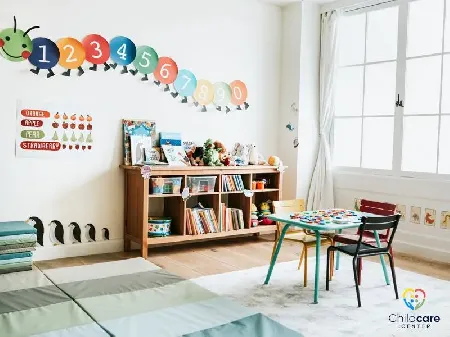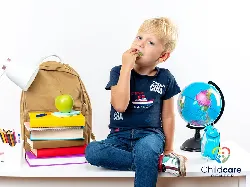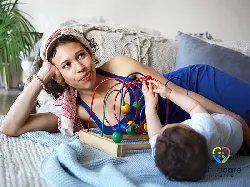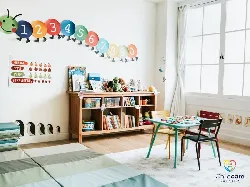Taming the Tiny Tornado: Proven Strategies to Curb Aggressive Behavior in Toddlers!
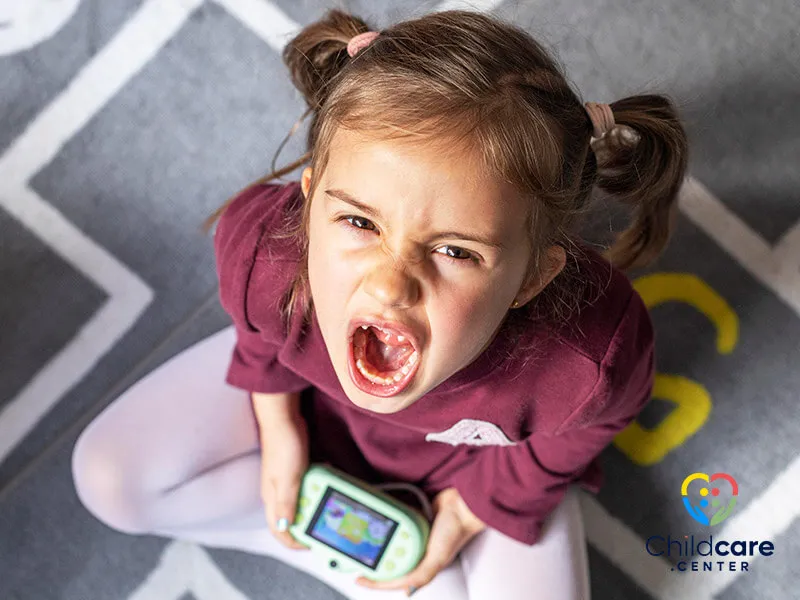
Navigating the tumultuous seas of toddlerhood can be a daunting task for many parents, especially when confronted with the stormy winds of aggressive behavior. Aggressive behavior in toddlers, characterized by actions such as hitting, biting, and kicking, is a common concern for parents striving to foster a harmonious and loving environment. Addressing this behavior is crucial as it plays a pivotal role in the child’s developmental journey, shaping their social interactions, emotional regulation, and conflict resolution skills. By understanding the roots of aggression and implementing proven strategies, parents can transform these tiny tornadoes into gentle breezes, promoting positive behavior and ensuring a balanced and happy childhood.
Is Toddler Aggression a Normal Behavior?
Understanding that aggressive behavior in toddlers is a normal part of development can offer relief to concerned parents. This behavior is often a way for toddlers to communicate frustration due to their limited vocabulary and emotional understanding.
Developmental Insights
Aggression in toddlers is often a byproduct of their developmental stage, where the quest for independence meets communication struggles and emotional regulation challenges. For parents, recognizing and navigating this phase with understanding and patience is crucial. Encouraging Little Things You Can Do Every Day to Make Your Child More Independent can be a subtle yet effective approach to fostering autonomy and mitigating aggressive behaviors.
Normalcy and Frequency
While occasional outbursts are normal, frequent and intense aggression may warrant further attention. Observing patterns and assessing the impact of such behaviors on daily life can help in identifying any underlying issues and determining the need for intervention.
Parental Response and Guidance
Parents play a crucial role in managing and resolving aggressive behavior in toddlers. Positive reinforcement, clear boundaries, empathy, and consistent guidance can help in fostering a secure environment and promoting positive behavioral change in toddlers.
Why is My Toddler So Aggressive?
The surge of aggression in toddlers can be perplexing for parents. It’s crucial to understand that this behavior often stems from their struggle to communicate needs, desires, and discomfort, leading to expressions of frustration and anger.

Communication Struggles
Toddlers, with their limited vocabulary and understanding of emotions, often use aggressive behaviors like hitting or biting as a means to express their needs and frustrations. It’s a way for them to communicate when words fail them, making it essential for parents to respond with patience and understanding. Offering gentle guidance can help ease their communication frustrations.
Environmental Influences
The environment a child is exposed to significantly impacts their behavior. A stable, nurturing, and positive environment can minimize aggressive outbursts, while exposure to violence or lack of structure can exacerbate aggressive tendencies.
Underlying Issues
While aggression can be a normal developmental phase, persistent and intense aggressive behavior may be indicative of underlying emotional or developmental issues, necessitating a closer look and possibly professional consultation to address any concerns effectively. Early identification and intervention can be key in managing such concerns effectively.

By understanding the reasons behind aggressive behavior in toddlers, parents can approach such situations more empathetic and effectively, fostering a positive and supportive atmosphere for their children’s development.
When to Worry about Toddler Aggression
While occasional aggressive outbursts are a normal part of toddler development, there are certain signs and patterns that may indicate a deeper issue, requiring more attention and possibly professional intervention.
Frequency and Intensity
Occasional outbursts can be typical, but if aggressive behaviors in toddlers are frequent, intense, and seem out of proportion to the situation, it may be a cause for concern. Consistent patterns of severe aggression can be indicative of underlying issues that may need addressing.

Impact on Daily Life
If aggressive behavior is significantly impeding a child’s daily functioning and relationships, it’s a red flag. When aggression leads to consistent disruptions in routines or interactions, it’s crucial to seek guidance and support to address the underlying causes.
Lack of Response to Discipline
When typical disciplinary strategies are ineffective, and aggressive behaviors persist despite consistent boundaries and consequences, it may signal the need for a different approach or professional advice to manage and resolve such behaviors effectively.
Harm to Self or Others
Aggressive behavior that results in harm to oneself, other children, or adults is a serious concern. Immediate intervention and support are essential to ensure the safety and well-being of the child and those around them.
Recognizing these signs early and seeking appropriate support and intervention can help in addressing the root causes of aggression and in fostering a positive and balanced developmental environment for toddlers.
Causes of Aggressive Behavior in Toddlers
Understanding the causes of aggressive behavior in toddlers is pivotal for addressing and managing it effectively. Aggression in children can stem from a variety of factors, ranging from developmental stages to environmental influences.
Developmental and Biological Factors
Children, especially toddlers, are in a crucial stage of developing emotional regulation and communication skills. Their limited ability to express needs and emotions can lead to aggressive outbursts. Additionally, some children may have a biological predisposition to aggressive behavior due to temperamental traits.

Environmental and Social Influences
The environment a child is exposed to plays a significant role in shaping behavior. Exposure to violence, lack of structure, and inconsistent discipline can contribute to the development of aggressive behaviors. Social interactions and relationships can also impact a child’s behavior, with negative experiences potentially leading to aggression.
Unmet Needs and Frustrations
Children may exhibit aggressive behavior when their needs are unmet or when they experience frustration. This can be a response to feeling overwhelmed, restricted, or unable to communicate their desires effectively, emphasizing the importance of attentive and responsive parenting.
By exploring and understanding the multifaceted causes of aggressive behavior in children, parents and caregivers can implement informed and effective strategies to manage and mitigate aggression, fostering a nurturing and balanced environment for optimal development.
Strategies to Handle Aggressive Behavior in Your Toddler
Addressing aggressive behavior in toddlers necessitates a thoughtful approach, blending understanding, consistency, and positive reinforcement. By adopting informed and responsive strategies, parents can navigate their toddlers through the complexities of emotional expression and behavioral norms, creating a conducive environment for balanced development and harmonious interactions. Explore the following strategies to empower your parenting journey and foster a positive developmental environment for your toddler.
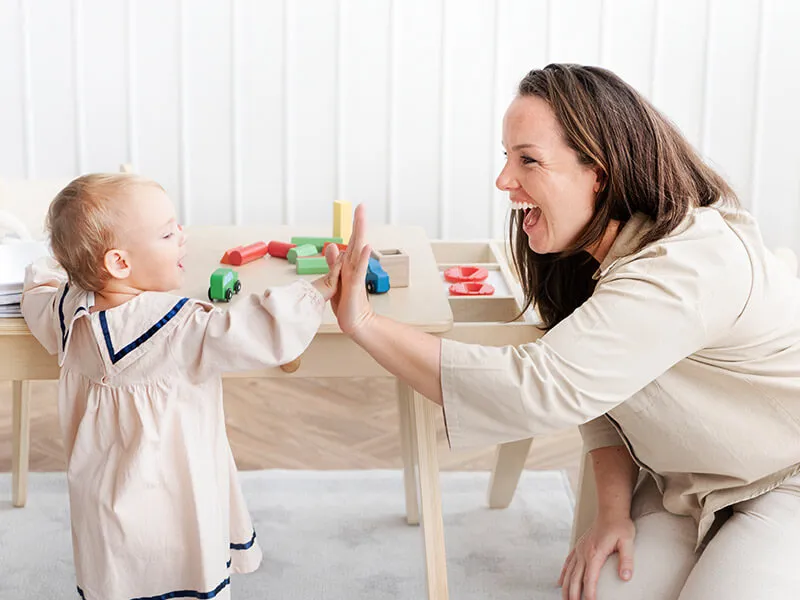
Implementing Structured and Positive Guidance
- Establish Clear and Consistent Boundaries: Creating a framework of clear and consistent rules provides toddlers with a sense of structure and helps them understand the expectations regarding their behavior, fostering a sense of security and stability.
- Utilize Time-Outs Effectively: Implementing time-outs can serve as a reflective pause for toddlers, allowing them to calm down and contemplate their actions, reinforcing the understanding of consequences related to aggressive behavior.

- Maintain Calm and Consistency: Responding to aggressive outbursts with a calm and composed demeanor models appropriate emotional reactions and helps in de escalating the situation, preventing further escalation of aggressive behavior.
- Employ Positive Reinforcement: Recognizing and rewarding positive behavior encourages the repetition of such actions, reinforcing desirable behavior patterns and diminishing the frequency of aggressive outbursts.
- Guide Towards Alternative Behaviors: Proactively teaching toddlers alternative, constructive ways to express their emotions and needs helps in reducing reliance on aggressive behaviors as a means of communication.
- Provide a Stable and Structured Environment: A well-structured and routine-based environment alleviates anxiety and provides a sense of predictability, reducing instances of aggression stemming from uncertainty or instability.
- Promote Healthy Emotional Expression: Encouraging toddlers to articulate their emotions constructively aids in the development of emotional intelligence and reduces the likelihood of expressing frustration through aggression.
- Address and Alleviate Underlying Frustrations: Identifying and resolving the root causes and triggers of aggressive behavior can significantly mitigate the occurrence of such behaviors, ensuring the child’s needs are met and frustrations are minimized.
- Seek Professional Guidance When Necessary: For persistent or intense aggressive behaviors, consulting with child development specialists or pediatric psychologists is crucial to obtain expert advice, support, and intervention strategies tailored to individual needs.
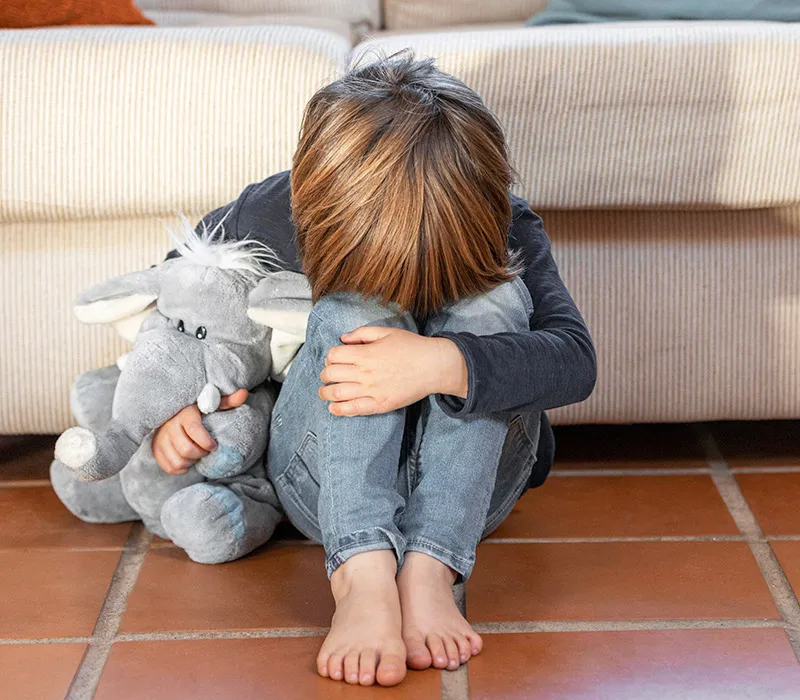
- Cultivate Empathy and Compassion: Engaging toddlers in empathetic conversations and activities enhances their understanding of others’ feelings and perspectives, fostering a sense of kindness and cooperative behavior.
Discover a World of Support: Elevate Your Child’s Journey!
Navigating the challenges of toddlerhood doesn’t have to be a solitary journey. There’s a wealth of support, knowledge, and professional guidance available to assist you in fostering a nurturing and positive environment for your child. Whether you’re grappling with aggressive behavior or seeking enriching experiences to aid your child’s development, choosing the right childcare center can make all the difference. We invite you to find the best childcare center that aligns with your values and aspirations, offering your child a world of learning, growth, and joy. Embark on this transformative journey and empower your child with the foundations for a happy, balanced, and fulfilling life.
Conclusion:
By integrating these thoughtful strategies, parents can effectively manage and diminish aggressive behavior in toddlers, paving the way for positive behavioral development and harmonious family dynamics. The emphasis should be on nurturing understanding, empathy, and constructive expression of emotions, ensuring a supportive and loving environment for toddlers to thrive in.



